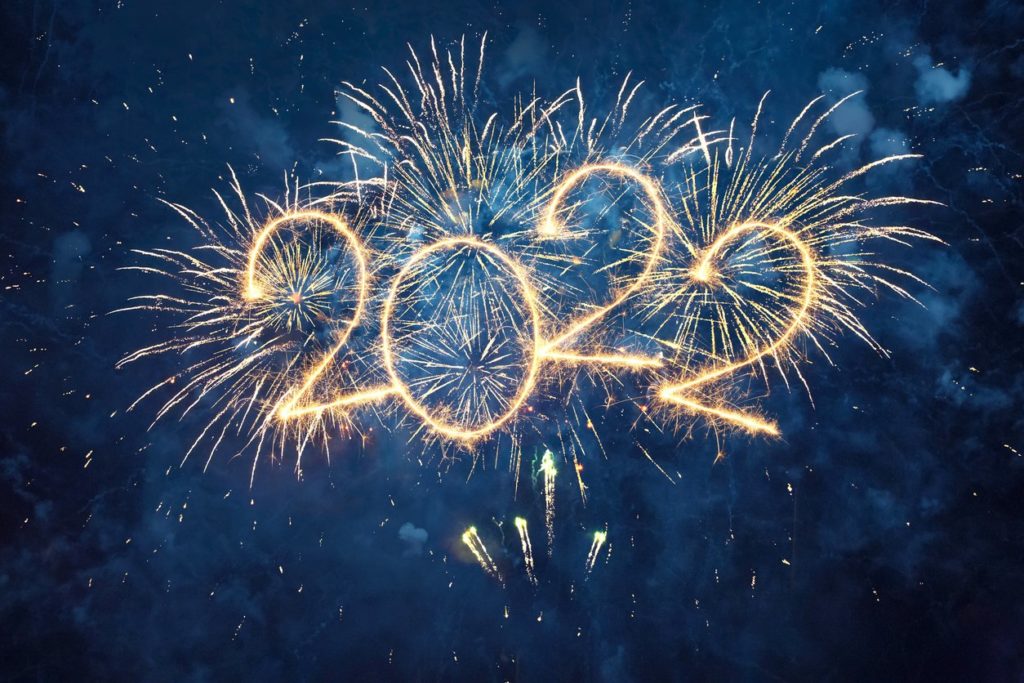
Over the past 365 days, below are a list of principles I’ve doubled down on, three questions I will consistently ask myself this year, one word I will live by, and 21 thoughts that have resonated throughout the course of 2021.
Principles
- People are everything
- Build a close knit community of people you can trust, rely on, and will tell you what you need to hear when you need to hear it.
- Relationship between inputs and outputs
- If you want to build and sustain motivation for consistent hard work, people need to see the fruits of their labor. Hard work doesn’t burn is out. A lack of connection to our work does.
- Environment design
- What behaviors are your current environments encouraging? Discouraging? What is easy to do? Hard to do? Willpower is in short supply. Don’t rely on it consistently. Craft an environment that makes positive behaviors easier, negative behaviors harder.
- Optimize feedback loops
- How well do you know if you’re making progress or not? What are the barriers to receiving information you need to impact meaningful change?
- Compound interest
- Are you making daily deposits? Are you doing this consistently and over a long period of time? When you need to make a withdrawal, do you have enough money in the bank to pull this off? If not, why?
21 Thoughts from 2021
- If you think you know it 1) teach it to someone else, and 2) write about it. If you can’t do one or the other, you don’t really know it that well.
- Doing things is valuable only if the things you are doing are valuable.
- “People will waste years being afraid to waste hours.” – Amos Tversky
- It doesn’t have to be done today, but it doesn’t mean you shouldn’t work on it today. Play the long game. The most valuable projects will take the most amount of time. You won’t have all of the answers today, but it doesn’t have to be done today. The scope of the project should never deter action.
- Become passionately dispassionate. The more you invest yourself into something, the more defensive you’re going to become about it. You must reverse this curve. It is not beneficial to be wrong for longer.
- Work to become indispensable, but never forget you are dispensable. Take care of yourself and your loved ones first. There will always be more work.
- Worrying about what has yet to happen will not solve the problem of what has yet to happen. Either address it now or stop devoting time and attention to it. You only create more problems.
- What kinds of decisions are you spending the majority of your energy on? Of these, how many can become automated?
- Go take a walk.
- Great opportunists are great gamblers. When in doubt, take the chance and bet on yourself. It’s the only opportunity you’ll ever have to influence the deck.
- Don’t evaluate your decisions based on outcomes. This is outcome bias. Every decision is going to have different outcomes. These outcomes are not absolutes. The odds will never be completely in your favor. We can only play the percentages. Evaluate the process in which you came to that decision. Our process is within our control. The outcomes are not.
- Everything looks like failure in the middle. Keep pressing on.
- You only need to know the direction, not the destination. Don’t get worked up because you don’t know where you’ll end up. Start with the type of person you want to become. This will help you make your next decision.
- Why are you giving this so much headspace?
- In order to make good decisions with money, we must remove our emotional attachment to money. We will lose a lot of it throughout our life. Be smart with it, but don’t fall in love with it. Money is a great servant, but a horrible master.
- Build yourself a safety net. In order to take risks, we need a security blanket that mitigate that risk. With great risk comes great reward. If we do not have something on the safe side to balance out our risk portfolio, we won’t be able to take any risks. This hampers the opportunities we take. We don’t make rational decisions when we’re backed into a corner. Never let yourself get to this point.
- Elimination is the highest form of optimization. Before you add, think about what you can first subtract.
- Create clarity on what you are best at. Double down on it. How can I make my strengths super powers this year?
- What is the easiest way to raise my floor?
- Are you playing a game that’s worth winning? Do you need to be first, or is it okay to be second?
- 71% of people never turn their phone off. 40% of people look at their phone within five minutes of waking up. The average person checks their phone every 12 minutes. Break this cycle.
Three Questions I will ask myself in 2022
- Is this a deposit or a withdrawal? If it is a withdrawal, do I have enough money in the bank to make the transaction? If I do not, why?
- Who is one person that can challenge me on this?
- Veja du. How have I tried to look at this problem through a different lens? Is it an information problem, or is it a creative problem?
One Word: Leverage
At some point, I am going to have to assess my risk. What can I do today that is uncommon that will give me leverage in the future?
Let’s have a great 2022.
